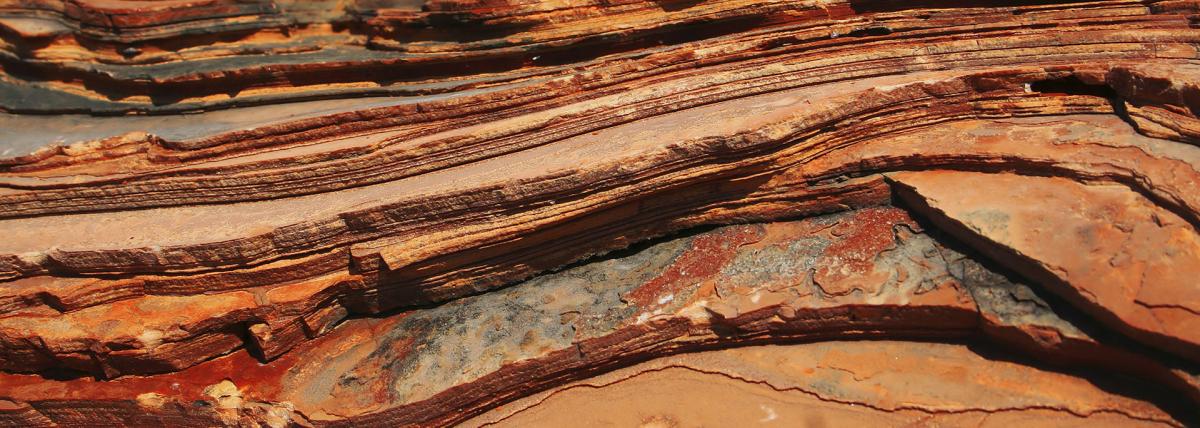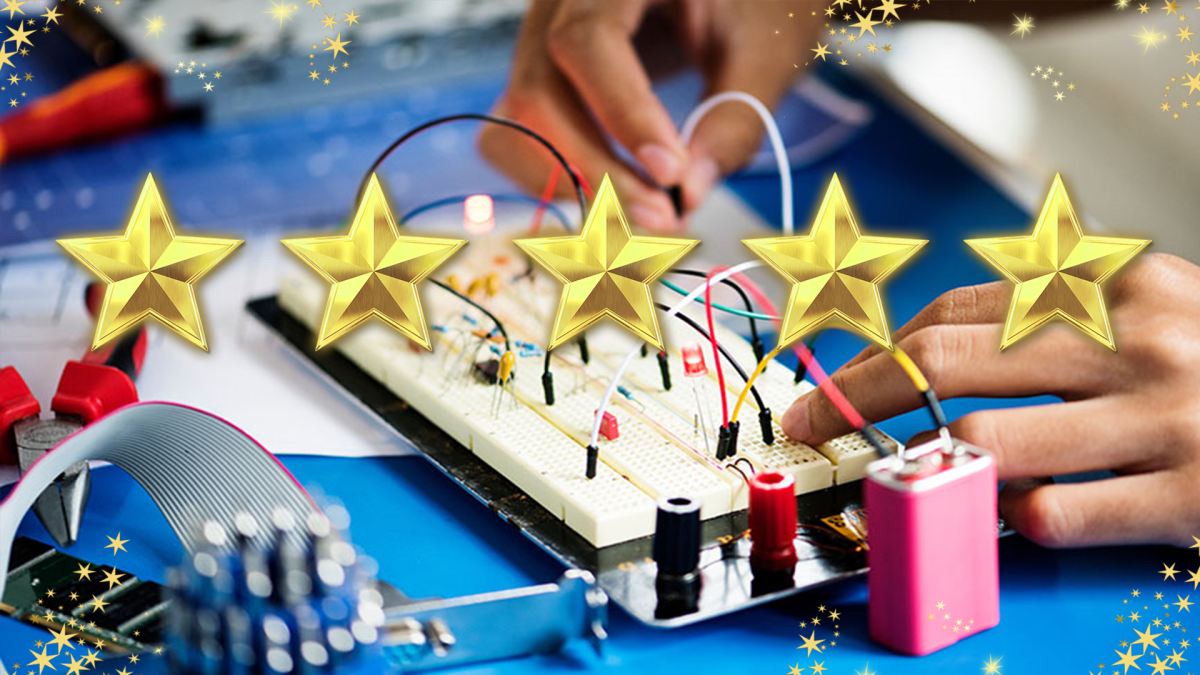Grades:
5th Grade
For this 90 minute lesson students are going to watch an introductory video about how we inherit features and then they will do research on a website. In the project they will fill out a survey
Grades:
5th Grade
After watching a video of the space station, students will design and build a model space station containing certain requirements. Students will use scale in order to create a blue print and then
Grades:
7th Grade
In this interactive lesson, students will create a Duplo Lego Vehicle and test how forces affect motion. Students will be placed in groups of 3-4 and be given a force to test. They will decide which
Grades:
5th Grade
In this engaging lesson, students explore the forces of flight and use the Engineering Design Process to improve the flight times and distance traveled with a paper airplane. Resources are included
Grades:
5th Grade
This real-world lesson allows students to understand the impact of an oil spill on animals in the wild. Students experiment with ways to clean oiled animals. There is a literacy integration, hands-on
Grades:
6th Grade
In this hands-on lesson, students will construct a paper windmill. They put it to the test by using a fan to see how their fan holds up to the wind. This is a great way to cover science, engineering
Grades:
4th Grade, 5th Grade
In this hands-on lesson, students will explore how speed is calculated, what inertia is and apply it to Newton’s Laws of Motion. They use the engineering design process to construct race cars out of
Grades:
4th Grade, 5th Grade, 6th Grade, 7th Grade, 8th Grade
In this hands-on lesson, students learn how to get their drone into the air. It covers hovering, yaw, roll, and pitch. Before the students launch their drones, there is a discussion about preparing
Grades:
3rd Grade, 4th Grade, 5th Grade, 6th Grade
Students discover kite-making in this hands-on lesson! They create a kite with a variety of materials and test out the final product. This lesson can be adapted to fit different grade levels.
Grades:
2nd Grade
In this engaging lesson, students discover what a volcano is and what causes it to erupt. There is a literacy integration, video resources, and other helpful information included.
Spanish Retell of The Three Little Pigs -Los tres cerditos: y el lobo feroz using Beebots for Coding
Grades:
Kindergarten
• Student teams will work together in small groups to identify important story elements in a familiar story, then develop a plot diagram using Bee-Bots. • In a small group, students will use code to
Grades:
7th Grade
Students in this lesson will be recording weather data for the city that each student has chosen for 2-3 weeks. Students will be able to record and analyze weather patterns for a selected city
Grades:
4th Grade, 5th Grade
In this hands-on lesson, students design a safety device (car/seatbelt) that can keep an egg (passenger) safe during a collision. The goal is to protect the egg from cracking during a roll down a ramp
Grades:
5th Grade
This hands-on lesson covers balanced and unbalanced forces. Students use the skills they have already been taught to apply them to a real-world situation involving rockets. You will need 500mL bottles
Grades:
7th Grade
Students will learn the parts of the microscope, how to calculate the magnification, how to focus the microscope, as well as draw what they see in the field of view. Students will also write their
Grades:
6th Grade, 7th Grade
Students will learn basic concepts of physics, including velocity, motion, and vector. S tudents will develop and use a model to predict how forces act on objects at a distance. Finally students will
Grades:
8th Grade
Students code robots to match different distance time graphs. For each graph the teacher stamps their paper and they move on to the next more difficult one. Students will be able to replicate the
Grades:
10th Grade, 11th Grade, 12th Grade
This lesson involves students calculating the density of various objects of differing sizes of the same substance. Each student group will need a balance, a ruler, and/or a graduated cylinder. They
Grades:
8th Grade
Explore scientific notation by traveling through the universe. Students will try to place objects in the universe in order from smallest to largest by using pictures, names and numbers in scientific
Grades:
6th Grade
Students explore the limiting factors of yeast over 2-3 days. The materials needed are yeast, sugar, water, ice, tea kettle, empty soda or water bottles, balloons, graduated cylinder, string, ruler
Grades:
6th Grade, 7th Grade, 8th Grade
In this lesson, students will investigate the properties of a mixture, as if it were a contaminated soil sample near a stream. This activity will show students that heterogeneous mixtures can be
Grades:
8th Grade
In this lesson, students will explore how biomes differ in different parts of the globe. They will identify differences between biomes and collaborate with peers to gather environmental science data
Grades:
7th Grade
This lesson is designed to explicitly teach ideas about the nature of science. It contains no specific scientific content knowledge. This means that students can learn about the nature of science
Grades:
7th Grade
This engaging lesson is designed to simulate how scientists look for patterns in evidence to make claims, and back them up with reasoning. There are some important takeaways that students will make
Featured Lesson Plans
Check out these notable lesson plans.

Grades:
4th Grade
This interactive 4th-grade lesson plan focuses on erosion and weathering, key concepts in understanding Earth's geology. In "Dynamic Earth," students use an interactive simulation to explore how

Grades:
4th Grade
Explore Coal Mine Canyon's wonders! Watch a documentary, read about geology, draw the canyon, and use tech to learn about geological layers. Fun, interactive learning awaits!

Featured
Makey Makey with The Bionic Kid
Grades:
4th Grade
Imagine how cool it would be to build a video game controller out of bananas! In this engineering design challenge, you will learn how to use everyday items and a Makey Makey kit to design a
